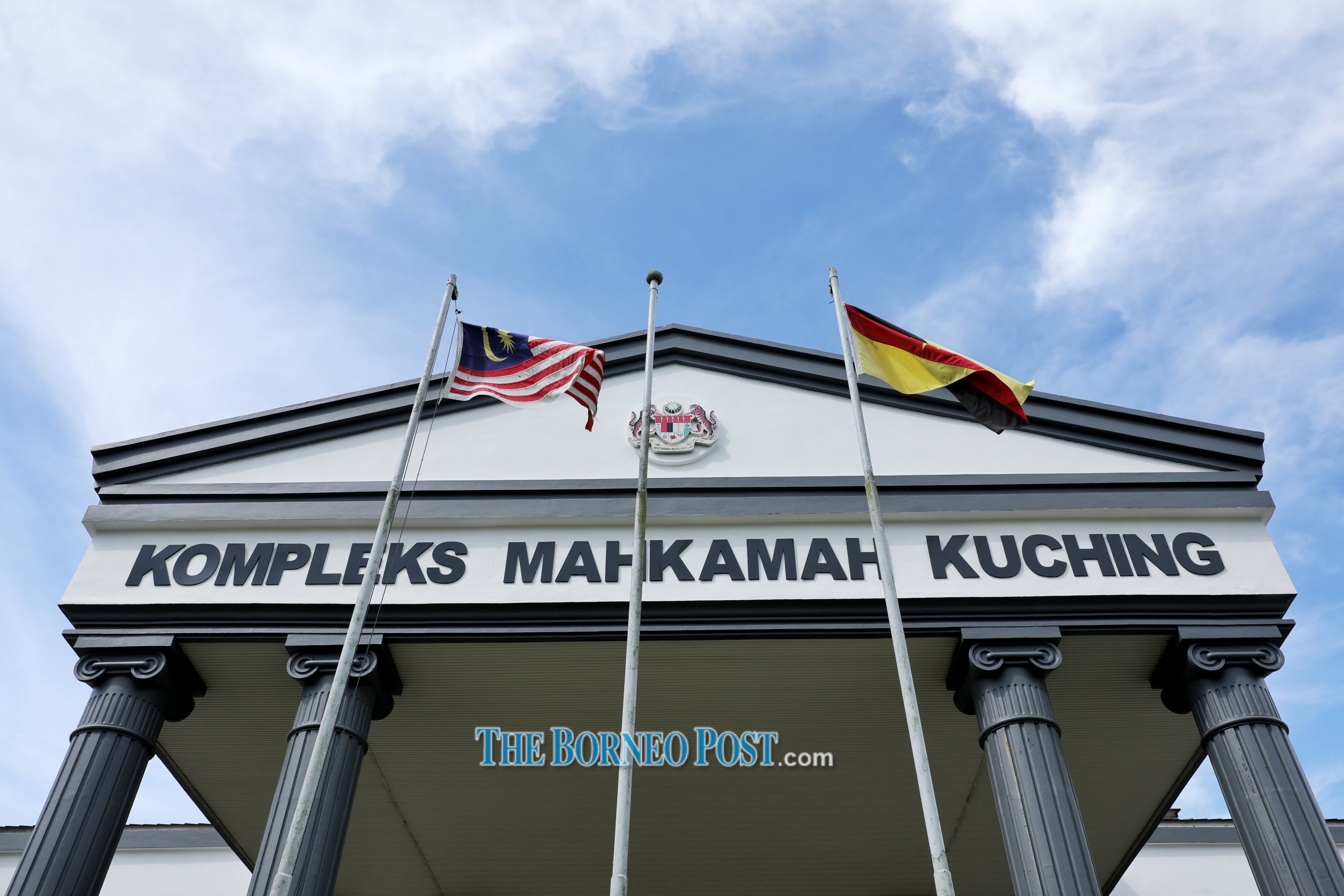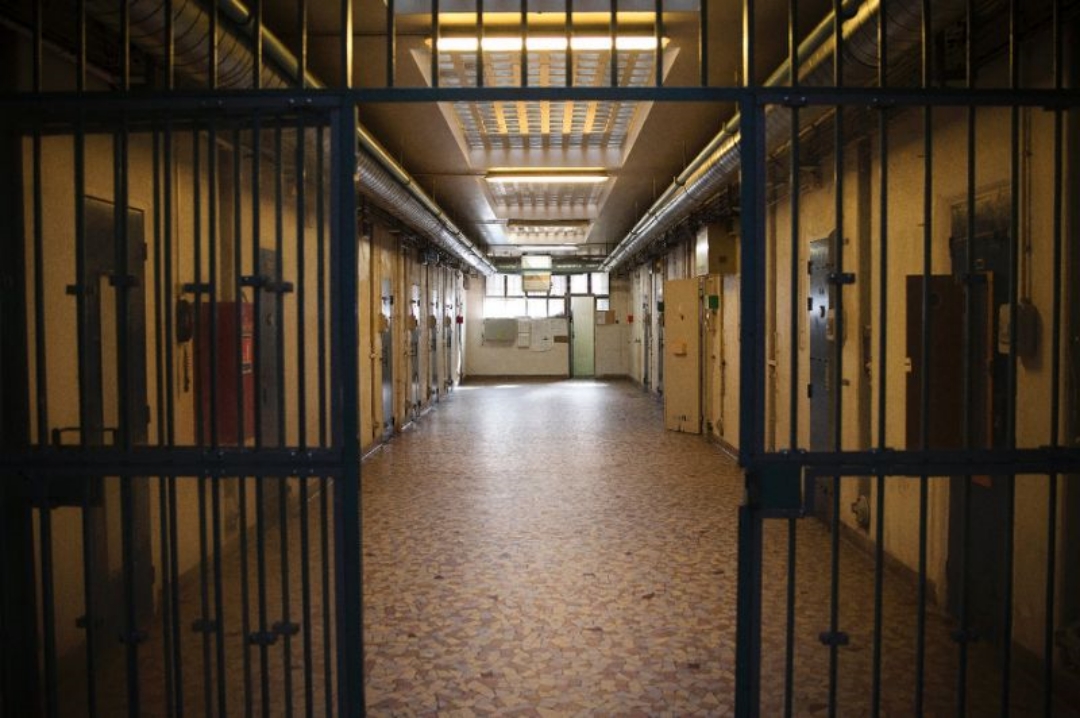ADVERTISE HERE

Dr Sim strikes the gong to symbolically officiate the 13th AAC while witnessed by (from left) Chen, Noor Zaitun and Huang. – Photo by Kong Jun Liung
KUCHING (Nov 4): Sarawak aims to reduce the emissions of harmful aerosols by converting agricultural waste into bioenergy, said Datuk Patinggi Tan Sri Abang Johari Tun Openg.
The Premier said this was in line with Sarawak’s initiative to contribute to global efforts in reducing carbon footprints and improve air quality.
He also said that in addition to sustainable biomass management, monitoring and mitigating transboundary haze was another key priority of the state in its initiatives that directly address aerosol-related environmental and health issues.
“Furthermore, Sarawak’s unique geographical landscape provides an opportunity to study the effects of aerosols on climate change and atmospheric processes.
“We are actively collaborating with international research institutions to develop climate adaptation strategies that consider aerosol-climate interactions, which are crucial for predicting rainfall patterns, extreme weather events, and forest health,” he said at the opening of the 13th Asian Aerosol Conference (AAC) at Borneo Convention Centre Kuching (BCCK) here today.
His speech was read by Deputy Premier Datuk Amar Dr Sim Kui Hian.
Abang Johari said Sarawak has taken significant steps to improve its air quality monitoring, including investing in state-of-the-art technologies for real-time air quality assessments.
“Our state faces frequent exposure to transboundary hazed caused by biomass burning, which leads to elevated levels of particulate matter (PM2.5).
“This not only affects air quality but also poses significant health risks, particularly to children, the elderly, and those with pre-existing health conditions,” he said.
He said the impact of haze pollution is not just a local concern but a regional and global challenge.
“Aerosols from biomass burning, particularly fine particulate matter (PM2.5), can travel long distances, contributing to poor air quality across borders.
“Understanding the sources, transport, and transformation of aerosols in this context is critical for developing effective mitigation strategies.”
The Premier noted that Sarawak’s Post Covid-19 Development Strategy (PCDS) 2030 reflected the state’s commitment to achieving the United Nations’ Sustainable Development Goals (SDGs) 3 on Good Health and Well-being, SDG 13 on Climate Action, and SDG 11 on Sustainable Cities and Communities by embedding sustainability and environmental stewardship in all sectors, from industrial planning to community development.
“Through this initiative, the Sarawak government has committed to embracing Environmental, Social, and Governance (ESG) principles to support sustainable growth.
“This strategy includes promoting green technology, sustainable resource management, and innovative research, which aligns perfectly with the objectives of the AAC,” he said.
On the conference, he hoped that the five-day event will serve as a catalyst for new ideas, inspire groundbreaking research, and strengthen partnerships across borders.
Organised by the Clean Air Forum Society of Malaysia (MyCAS) and the Asian Aerosol Research Assembly (AARA), the AAC themed ‘Synergising Aerosol Science, Technology, Policy, and Practice Towards Sustainable Solutions,’ had gathered over 400 scientists, industry leaders, government agencies, and policymakers from 36 countries to address critical issues in aerosol science.
Also present were Deputy Natural Resources and Environmental Sustainability Minister Datuk Seri Huang Tiong Sii, AARA immediate past president Distinguished Prof Chen Chih-Chieh, and AAC chairperson Dr Noor Zaitun Yahaya.









 English (US) ·
English (US) ·